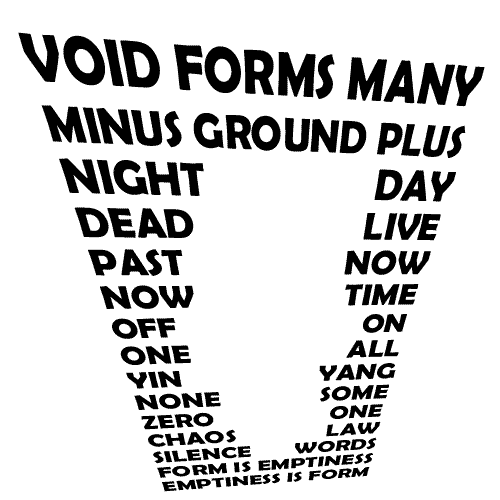
It will be useful for me to post abbreviated versions of the various addresses, sermons and classes that I present as chaplain of St John's. Even if you won't find it interesting now, keep it in the back of your mind for when you might want some ideas for addresses to young people in Years 7-12. The following was the address I gave at the assembly at which I was commissioned by the the Venerable Peter Stuart, Archdeacon of Adelaide early in Term 2.
[The reading was Genesis 1:26-31.]
Our reading today tells us that we share a common humanity, and that this common humanity is made in the image of God. We should always remember this great dignity attaching to being human together.
We also need to be respectful of that common humanity and its great dignity, as we live it and as we encounter it, in others. And I can think of three ways at least in which we can respect the great dignity of our humantiy here in this school:
- By acknowledging each other. This might seem like a strange thing to suggest, but to acknowledge one another acknowledges our common presence to each other. When we acknowledge the other person we are recognising the right as a human being to be given space in our world to be human with us. And to give this basic right of existence to other people is to affirm their worth, a worthiness with its source in God.
- The way we treat each other. The way we treat each other is the primary way we show respect to the common humanity we share. The problem is that this is precisely where we struggle as a race to be respectful. Jesus can help us here. This term in chapel we will be looking at some of the things Jesus says, and contrast this with what we ordinarily do. Jesus is a trustworthy guide of how to respect the dignity of each person we meet.
- The third way respect for our common humanity can be practiced applies particularly to my role here as chaplain and priest. I will endeavour to provide a reason for us to be here that is more than compulsion, and more than self-interest. We respect the God in whose image we are made when we go beyond these things to discover the meaning and purpose of life, and to use this reason and purpose to live, study, and enjoy ourselves. The meaning and purpose I speak of here is to be found in the life, teaching, death and resurrection of Jesus. So expect to hear a lot about him in the coming years!



